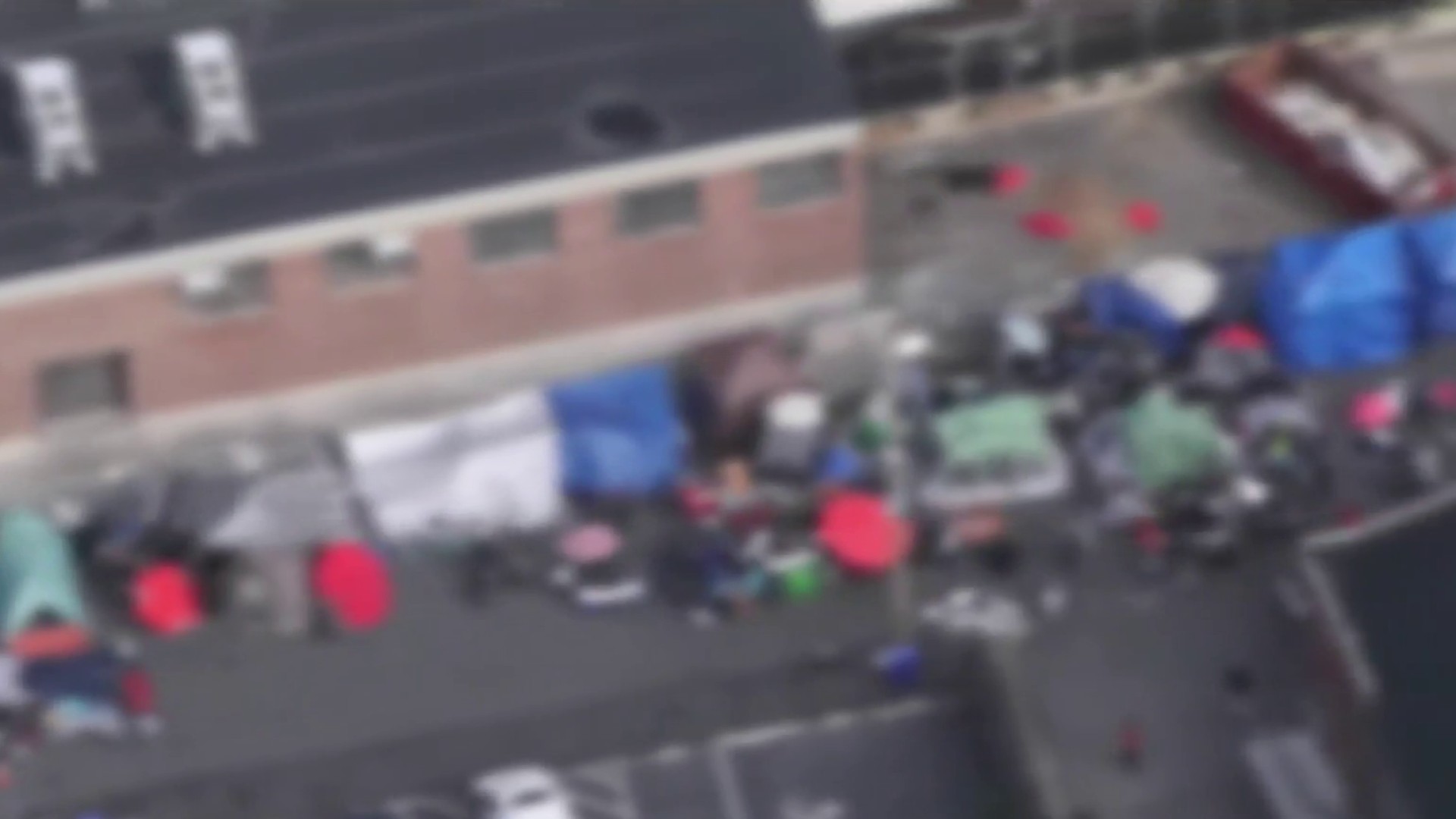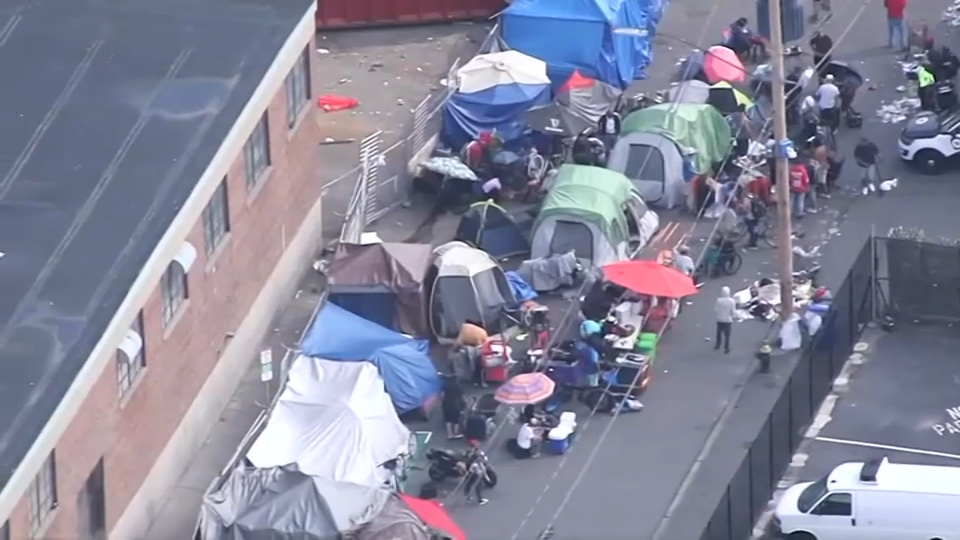
A day after the Boston City Council approved a new Mass. and Cass ordinance, Mayor Michelle Wu provided an update on what the city is doing to help those living in tents transition from the troubled area.
Starting Thursday, Wu said the Inspectional Services Department will post notices around the area to inform people about the prohibition of tents, tarps and other temporary structures that begins on Nov. 1.
As the weather gets colder, Wu said the city is ramping up outreach for shelter, treatment, and other services throughout the city. In addition, the Boston Public Health Commission will open a temporary site at 774 Albany St. for clinical services, so people can have access to care during the transition, she said.
Wu said Boston will open 30 temporary transitional beds at the Public Health Commission's campus at 727 Massachusetts Ave. Those beds, she said, are only reserved for those who are currently "engaged in services" with the Public Health Commission.
The beds will be freed up once someone is moved to a permeant home or an open low threshold location at one of the housing sites and are not intended to be occupied by new people, she added.
Wu said additional shelter capacity has been created at various locations across Boston.
The mayor said that since January of last year, more than 500 people who lived at the Atkinson Street encampment have gone through the city's six low-threshold housing sites. 172 have moved into permanent supportive housing.
Right now, there are 133 people living in the sites, said Wu. Of the 133, 72 people are looking into a hosing unit.
The new ordinance was an amended version of a previous proposal from Wu. It allows Boston police to remove the tents in the Mass. and Cass area only after the people living in them have been helped. It also eliminates fines, adds daily checks on the number of beds available and forces the city to offer transportation to shelters.



